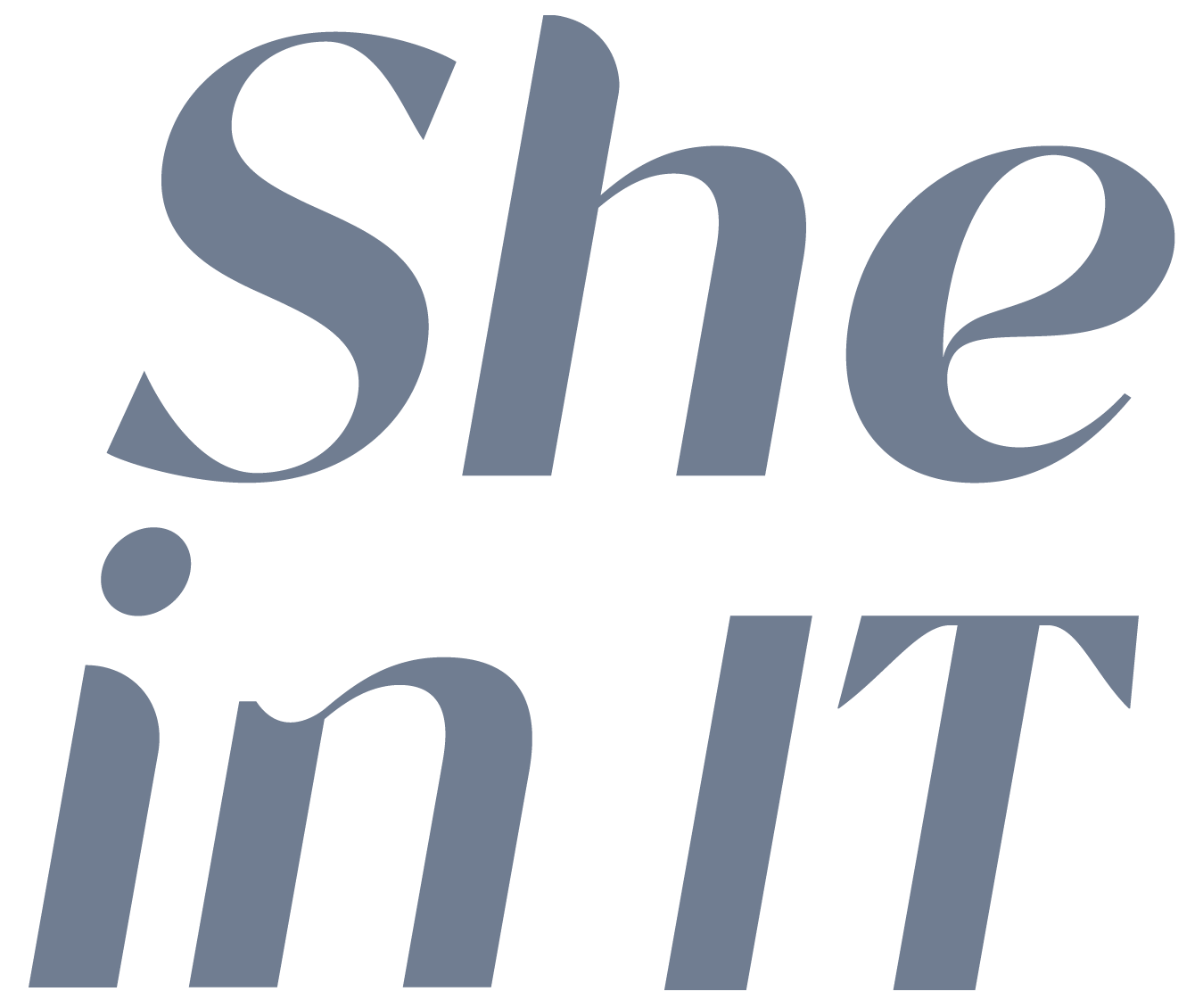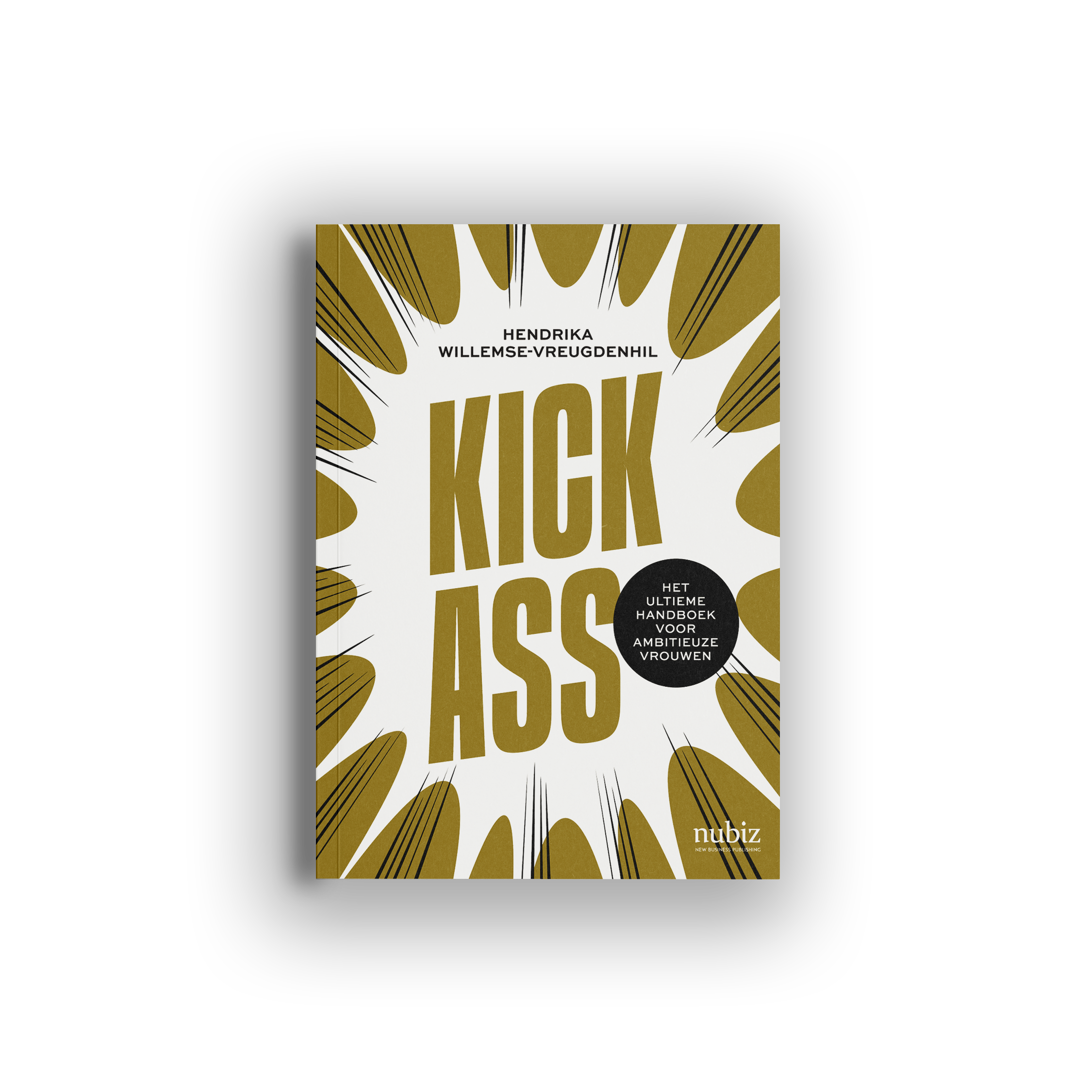Hey!
Here’s your by-weekly 4 minute read to kick-start your week!
A quote that inspired me:
“It’s not the strongest of the species that survive, nor the most intelligent, but the one most responsive to change.” — Charles Darwin
This quote resonates deeply with me, especially in today’s corporate world. In our fast-paced, ever-changing environments, it’s not about being the smartest or the hardest-working. It’s about being able to adapt, bounce back, and keep pushing forward when things get tough.
We all face challenges, deadlines, shifts in strategy, unexpected crises, but it’s not those events that define our success. It’s how we respond to them. Mental resilience, the ability to rise after setbacks, is the unsung hero behind high performance in any field.
A life hack:
Building mental resilience isn’t a quick fix. It’s a set of habits and mindsets that, over time, allow you to thrive under pressure. Here’s the framework:
Reframe your mindset: Instead of seeing setbacks as failures, flip the script and see them as opportunities to grow. Every challenge you face teaches you something new. When you shift your perspective, you unlock the ability to keep going, even when the going gets tough.
Practice self-compassion: We live in a world that glorifies perfection. But guess what? Perfection isn’t required to be successful. High performers know this. They allow themselves to make mistakes and bounce back from them. Be kind to yourself when things don’t go as planned. Self-compassion isn’t weakness, it’s strength. It gives you the space to recover and refocus, which is essential for resilience.
Breathe deeply, act calmly: When the pressure rises, our bodies go into fight-or-flight mode. The key to staying calm under pressure? Control your reaction with deep, deliberate breathing. The moment you take control of your breath, you’re taking control of the situation. Deep breaths allow you to pause and choose how you respond—rather than reacting impulsively and burning out.
Set boundaries: If you’re constantly running on empty, resilience becomes nearly impossible. Create systems that protect your time and energy. High performers know that resilience isn’t about working harder, it’s about managing energy more effectively. Set boundaries, say no when needed, and prioritize what’s really important. Your mental resilience depends on it.
Build a support network: No one builds resilience in isolation. Surround yourself with a network that challenges you, supports you, and helps you keep your energy high. Whether it’s a mentor, a peer, or a close friend, having the right people in your corner makes all the difference when the pressure’s on.
What’s on my mind:
Here’s something that might surprise you: I’ve had to learn the hard way that resilience isn’t about never feeling overwhelmed.
There were times in my career when I pushed myself past my limits, thinking I had to be always on to perform at my best. The result? Burnout. Fast.
I used to think that mental resilience meant charging through adversity without flinching, that high performers never took a step back. But that’s a recipe for disaster.
What I’ve realized is this: true resilience isn’t about enduring everything. It’s about knowing when to push and when to pull back. It’s about managing your energy in a way that allows you to show up as your best self, consistently.
For me, building resilience meant giving myself permission to rest without guilt, understanding that recovery is just as important as the grind. It also meant finding ways to minimize stress and create balance in my life’s flow.
If you’re reading this and you feel the weight of constant pressure, remember: you don’t have to be invincible. Resilience is about having the wisdom to navigate challenges and make strategic moves, not about being tough all the time. And sometimes, stepping back to reset is exactly what you need to move forward stronger.
Enjoy your week!

